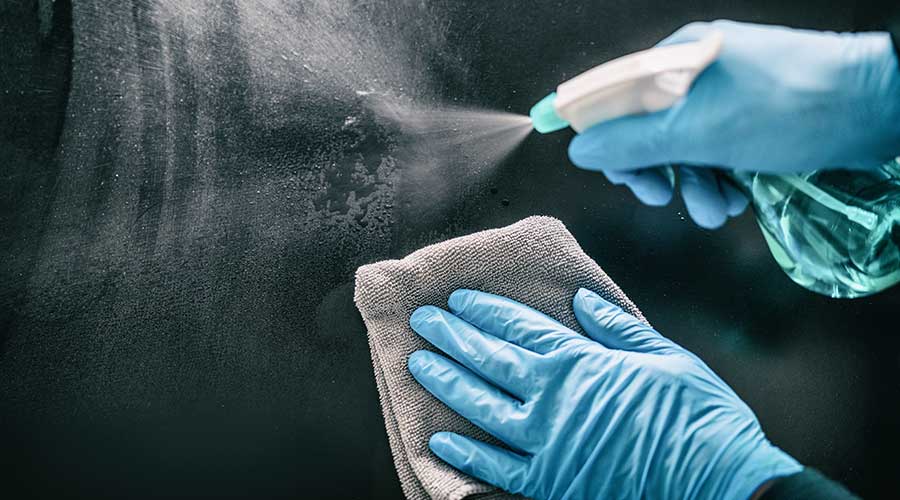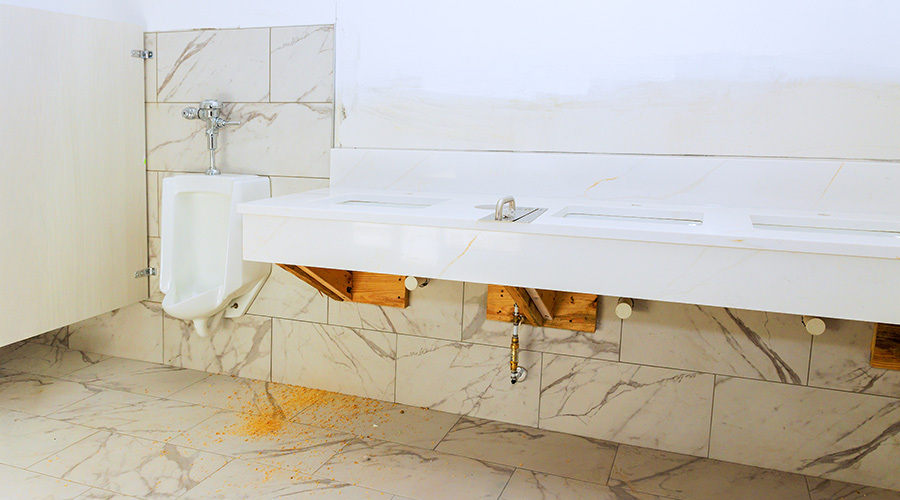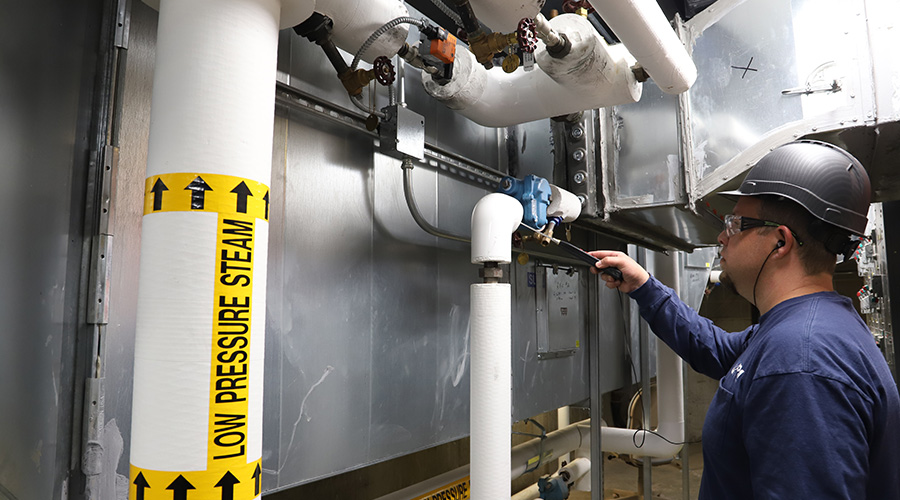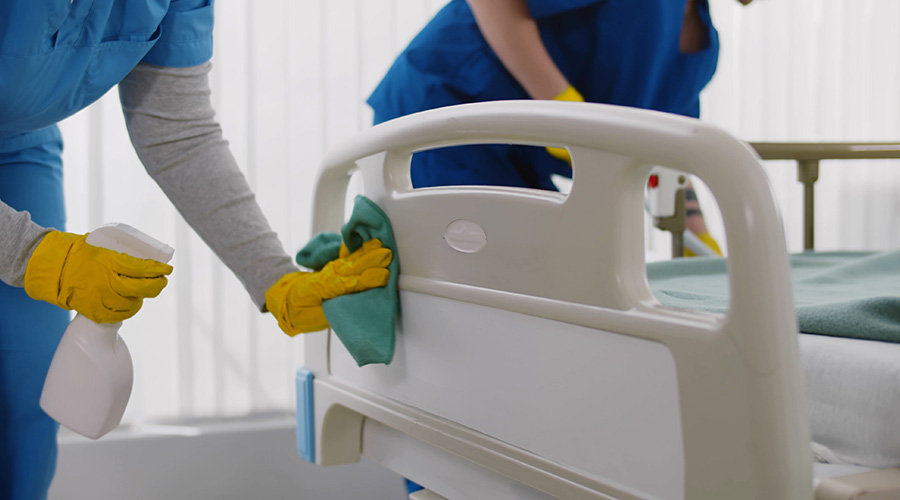Some pathogens just do not want to die – Clostridioides difficile and Klebsiella pneumoniae are two such hardy pathogens. It takes specific cleaning and disinfecting chemicals to wipe these kinds of germs out. In this manufacturer roundtable, Healthcare Facilities Today speaks with disinfectant manufacturers about what chemicals should be used to kill off tough pathogens.
What are the best cleaning chemicals to use when disinfecting surfaces contaminated with pathogens such as Clostridioides difficile (C. diff) or Klebsiella pneumoniae?
“The Environmental Protection Agency (EPA) List K is for approved disinfectants against Clostridioides difficile (C. diff). Recent findings show that several strains of C. diff have developed resistance to bleach, even after scrubbing, rendering it ineffective in preventing the spread of infections. Additionally, the use of bleach has been associated with various health and environmental concerns, including respiratory issues, production of harmful byproducts, and the breakdown of materials that bleach comes in contact with.
Paying attention to the label of your disinfectant is just as critical. In addition to informing if the cleaner is appropriate for the pathogens you’re aiming to address, it also gives you necessary information, such as dwell time for the disinfectant to work properly or the best method of application. Known for its efficacy, SteraMist's ionized hydrogen peroxide (iHP) is a valuable asset in addressing C. diff concerns within healthcare environments.”
— Spokesperson from TOMI Environmental Solutions Inc.
“C. diff can cause very serious and life-changing infections. Due to its physical make-up, C. diff spores are inherently more difficult to kill than most other pathogens. For these reasons, experts such as the CDC recommend the use of a sporicidal agent for daily and terminal cleaning of C. diff patient rooms and shared medical equipment.
RTU disposable bleach wipes, like Clorox Healthcare Bleach Germicidal Disinfectant Wipes, can effectively and efficiently reduce the risk of spreading C. diff spores as there is no risk of improper dilution or of the solution becoming contaminated from double-dipping cloths. Disposable wipes can also be changed more frequently than cloth wipes. There is also no risk of ineffective laundering of the cloths as disposable disinfecting wipes are discarded after use.
Regarding K. pneumoniae, studies show its epidemiology may be changing. It appears to be becoming more antimicrobial resistant, hypervirulent and its prevalence in the community has increased. While this increasing trend in antimicrobial resistance is concerning, experts agree that we can expect an EPA-registered disinfectant with claims against the susceptible strain of the bacteria to work equally as well against the resistant strain.
The appropriate product to use for this pathogen is an EPA-registered healthcare-grade disinfectant with kill claims against K. pneumoniae. CloroxPro offers a range of bleach-based disinfectants that have a kill claim against K. pneumoniae, on hard, nonporous surfaces including Clorox Healthcare Bleach Germicidal Disinfectant portfolio consisting of EPA registered ready-to-use (RTU) spray and wipes products.”
— Doe Kley, infection prevention fellow, Clorox Healthcare’s Clinical and Scientific Affairs Team
Jeff Wardon, Jr. is the assistant editor for the facilities market.

 Biofilm 'Life Raft' Changes C. Auris Risk
Biofilm 'Life Raft' Changes C. Auris Risk How Healthcare Restrooms Are Rethinking Water Efficiency
How Healthcare Restrooms Are Rethinking Water Efficiency Northwell Health Finds Energy Savings in Steam Systems
Northwell Health Finds Energy Savings in Steam Systems The Difference Between Cleaning, Sanitizing and Disinfecting
The Difference Between Cleaning, Sanitizing and Disinfecting Jupiter Medical Center Falls Victim to Third-Party Data Breach
Jupiter Medical Center Falls Victim to Third-Party Data Breach